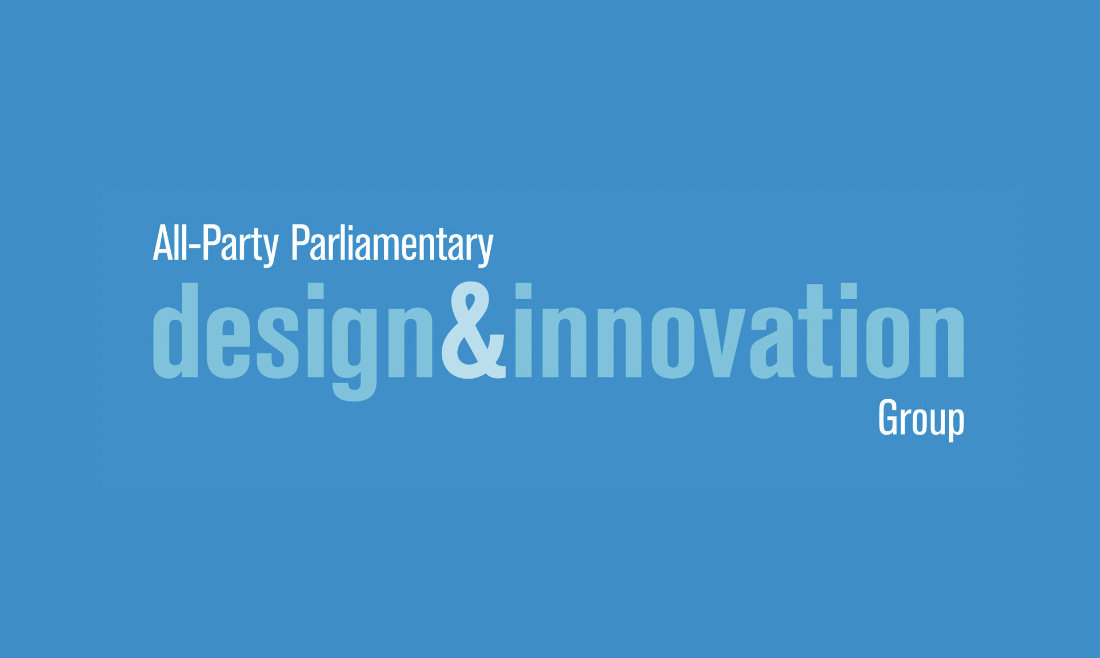The All-Party Parliamentary Design and Innovation Group and the Contemporary Visual Arts Network are delighted to announce the a new research project aimed at highlighting the wider work and role of the visual arts in the context of the British creative sector, education networks, and the influence that this has on Britain’s soft power.
The inquiry, “Visual Arts as a Global Force” is the latest collaboration between APDIG and our membership.
Although the term “soft power” has existed in one form or another for decades, it was originally coined by the American political scientist Joseph Nye in his 1990 book, Bound to Lead: The Changing Nature of American Power. In 2017, he defined it further as the “ability to obtain preferred outcomes by attraction, rather than coercion or payment.” Broadly speaking – the countries that will thrive in the 21st Century will be those with the best story, not the finest army. Despite recent reputational hits – the 2018 Soft Power Ranking by Portland Communications placed Britain as the leading soft power country in the world.
Drawing on the expertise provided by CVAN, the report will bring together key stakeholders from across the creative industries. Workshops will be held at the Slade School of Fine Art at University College London on Monday 10th June 2019, and the BALTIC Centre for Contemporary Art, Gateshead on Tuesday 18th June 2019. Full details of these workshops will be circulated in the coming weeks.
Full terms of reference, as well as a full call for evidence, are available for download.
The inquiry will be looking at the challenges associated in improving the reach and influence of the visual arts on the UK international reputation and creative exports.
Your submissions can be as detailed or as brief as you feel appropriate.
The inquiry questions are:
- Where is the government seen as being particularly strong or weak on promoting visual arts
- How can government improve the resources available to artists to develop international links and develop a global reputation
- What the education system can do to improve and promote visual art skills
- How can galleries and museums can work more collaboratively to support artists
- Where are the key opportunities over the coming years and how should the UK be engaging with them
We are also interested in:
- Case studies that highlight where visual artists and galleries have promoted their work on international markets or worked with foreign institutions to exhibit them
The closing date for evidence is 5pm on Friday 28th June 2019.
Evidence should be submitted by email to Jack.TIndale@PolicyConnect.org.uk.
APDIG and CVAN intend to launch the report in the autumn of 2019, following Britain’s expected withdrawal from the European Union.


